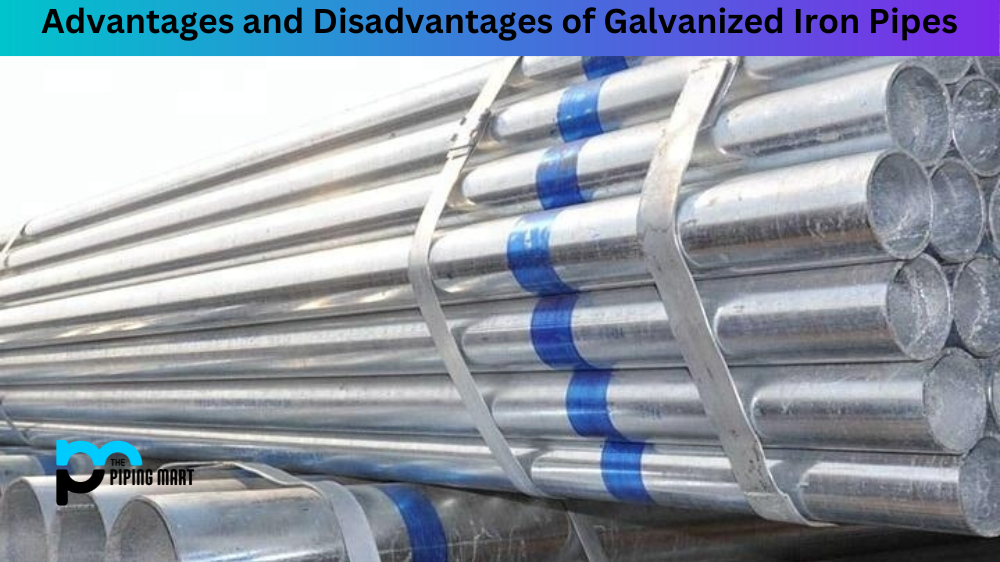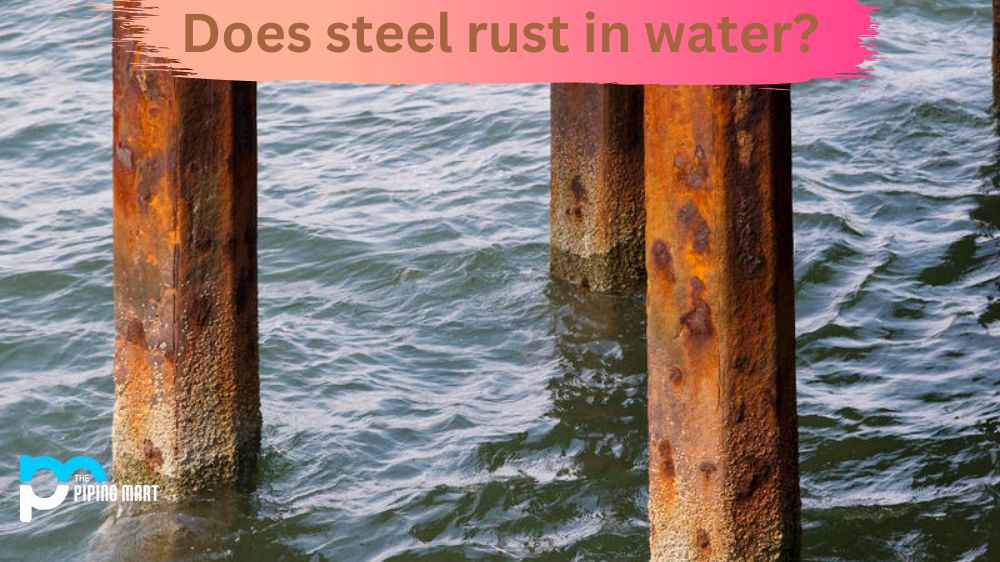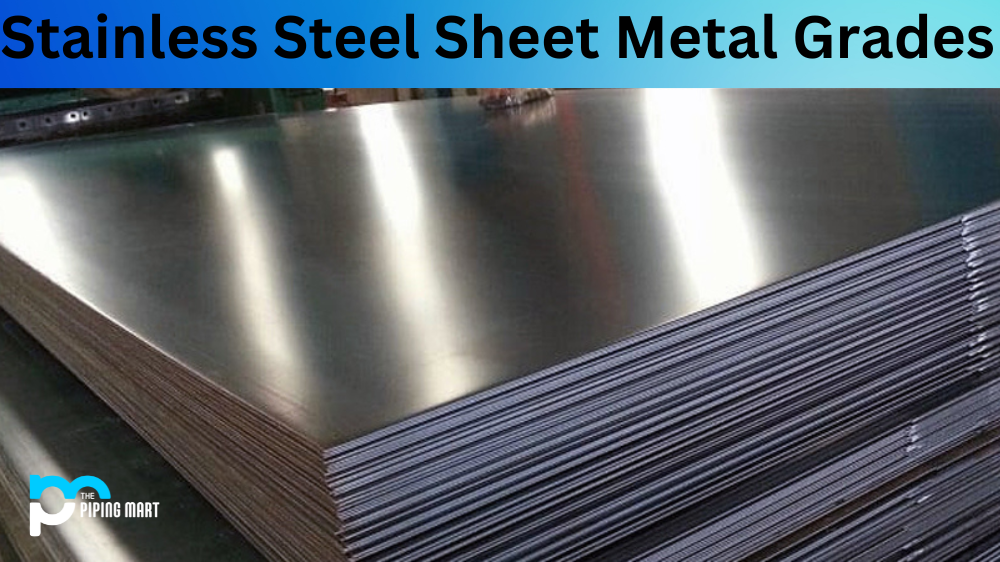As a homeowner or a contractor, one of the decisions you make when installing a plumbing system is the type of pipes to use, and with many options available, choosing the right one can be daunting. Galvanized iron pipes have been a popular choice for decades due to their strength and durability, but like any other material, they have advantages and disadvantages. In this blog post, we will look at the pros and cons of galvanized iron pipes and help you decide when picking plumbing pipes for your home or project.
Advantages of Galvanized Iron Pipes
Galvanized iron pipes offer superior corrosion protection due to their zinc coating, making them ideal for various water supply applications. They are also more cost-effective than other options and have a long lifespan, making them an economical choice. The following are some significant advantages of Galvanized Iron Pipes which are follows:
Longevity
Galvanized pipes are known for longevity and can last up to 50 years when installed correctly. This makes them a durable option compared to other materials, such as PVC.
Resistant to Corrosion
Galvanized iron pipes have a zinc coating that protects them from rust and corrosion caused by harsh weather conditions or chemicals, making them an excellent choice for outdoor plumbing systems.
Strong and Sturdy
Galvanized iron pipes are strong and sturdy, making them ideal for carrying water, gas, and other fluids in residential and commercial settings.
Cost-Effective
In the long run, galvanized iron pipes can be cost-effective since they require little maintenance and are less prone to leaks or damages, so you’ll spend less time and money on repairs.
Disadvantages of Galvanized Iron Pipes
Due to their metal composition, galvanized iron pipes are more prone to corrosion and rusting. This can lead to pipe clogging, lowering water pressure or leaks. Also, galvanized iron pipes cannot be used for hot water applications as they may rust when exposed to heat. Following are some major drawbacks of Galvanized Iron Pipes are as follows:
Restricted Flow
Over time, galvanized iron pipes can develop build-up, restricting water flow and making it harder to use them for large hot water systems, showerheads, or other fixtures requiring high water pressure.
Prone to Corrosion
Despite their zinc coating, galvanized iron pipes can still corrode over time, especially in hot water systems. This can lead to leaks, damages, and contaminated or unpleasant-tasting water.
Difficult to Work With
Galvanized iron pipes require a specialized tool kit to cut and fit. They are heavier and harder to work with compared to other plumbing materials, which can increase the installation time and cost.
Conclusion:
Before installing any plumbing pipes, it’s important to weigh the pros and cons of the available options to help you make an informed decision. Galvanized iron pipes have been popular for years due to their strength, durability, and cost-effectiveness. However, they also have disadvantages, such as restricted water flow, corrosion, and difficult installation. Therefore, you should evaluate your needs, plumbing systems, and budget to decide if galvanized iron pipes best fit your home or project.

Abhishek is a seasoned blogger and industry expert, sharing his insights and knowledge on various topics. With his research, Abhishek offers valuable insights and tips for professionals and enthusiasts. Follow him for expert advice on the latest trends and developments in the metal industry.




